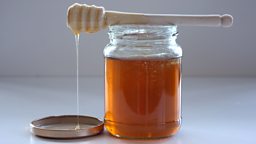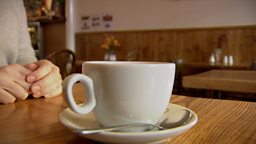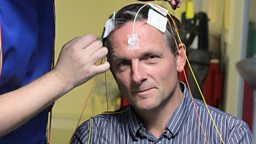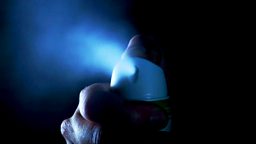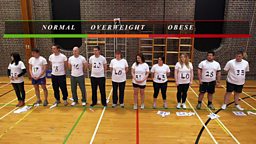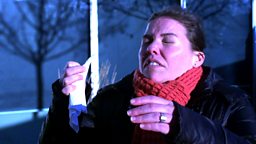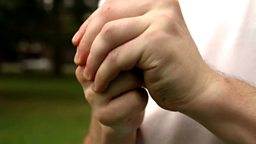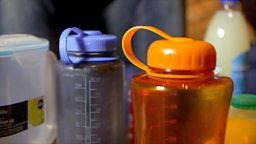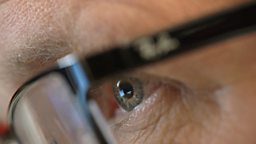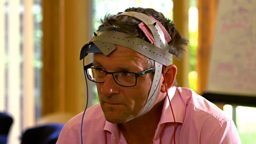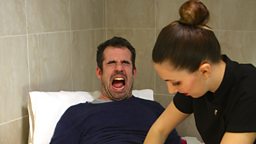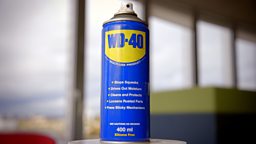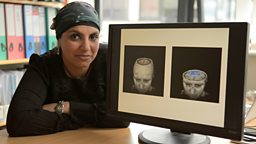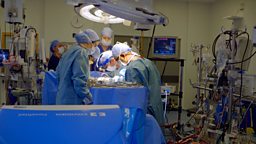Are energy drinks really bad for us?
Horror stories frequently pop up in the media about the amount of caffeine in energy drinks and what it might be doing to us. But how much caffeine is really in these drinks? And is that amount harmful? At the University of Glasgow, Surgeon Gabriel Weston measured exactly how much caffeine is in some popular caffeinated drinks:-
| Drink | mg caffeine per serving (serving size (mL)) | mg caffeine/100 mL |
|---|---|---|
| coffee powder in 200 mL boiled water | 5.7 (200) | 2.9 |
| tea bag in 200 mL boiled water (brewed 5 minutes) | 53.8 (200) | 26.9 |
| Relentless | 162.6 (500) | 32.5 |
| No Fear | 203.3 (473) | 43.0 |
| Red Bull | 75.0 (250) | 30.0 |
| 5 hour energy shot | 115.4 (58) | 199.0 |
| Rock Star | 153.8 (500) | 30.8 |
| Nae Danger | 76.0 (250) | 30.4 |
| Coca-cola | 31.4 (330) | 9.5 |
| Starbucks latte | 161.0 (473) | 34.0 |
Is caffeine harmful?
The media is often full of reports of people suffering heart attacks and other bad effects after drinking ‘energy drinks’, and there have been studies which suggest that caffeine has a negative impact on the heart. In 2014, a group of German researchers claimed that they had seen energy drinks affecting the heart in MRIs. The drinks manufacturers quickly responded, saying that any changes were, in fact, positive. That is the performance boost they aim for.
To find out how caffeine affects the heart we carried out our own MRI scan, with the help of University of Glasgow cardiologist Professor Colin Berry. Our volunteer, Evonne bravely abstained from caffeine for several days before the scan. Whilst Professor Berry and Gabriel were monitoring her heart in the scanner, she drank a large ‘energy drink’.
Just a couple of minutes after drinking the energy drink her heart rate increased: it rose from 62-3 beats per minute to the mid 70s – several beats per minute faster than before she drank the caffeine. And it wasn’t just Evonne’s heart rate that increased, the force of each beat also increased.
Evonne experienced a clear physical response to caffeine but this isn’t necessarily harmful. However, in certain individuals these changes could have a negative impact. Some people may be more sensitive to the effects of caffeine than others. The advice is that if caffeine does give you heart palpitations it’s probably safe to avoid consuming large amounts, in any form, and children should never drink large amounts of caffeine.

















